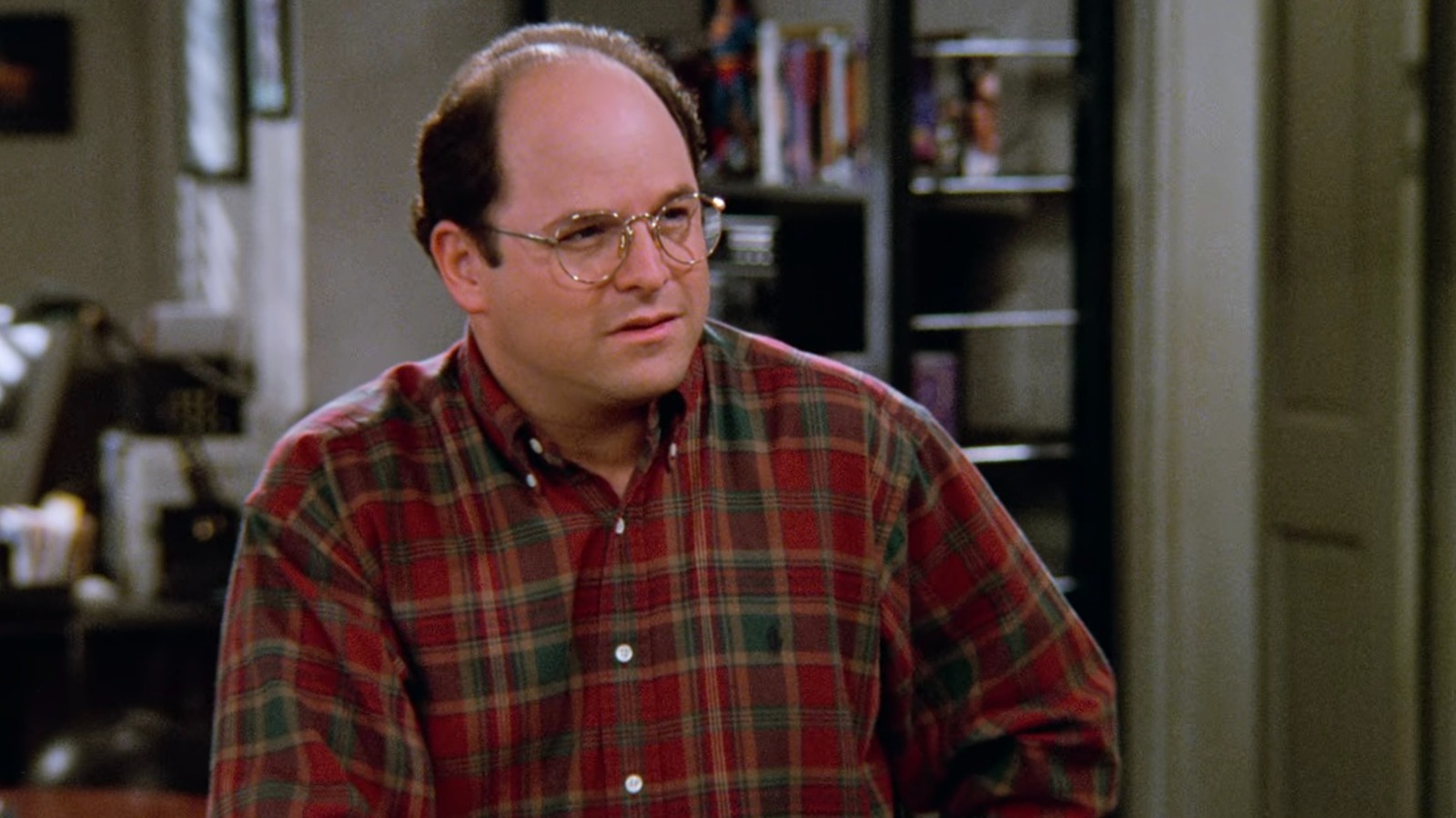Gambling
Last chance for US gambling expansion in ’24 dies in Nebraska

Seventeen days into its special session, the Nebraska legislature Tuesday (20 August) adjourned sine die, leaving legal digital sports betting and many other issues unresolved. Governor Jim Pillen called the special session with the goal of addressing property tax relief.
The Nebraska special session likely represented the last opportunity for digital wagering or online casino expansion in the US in 2024. This year marks the first time since the Professional and Amateur Sports Protection Act fell in 2018 that no state has legalised some form of sports betting.
Legal wagering would have played a significant role in cutting back property taxes in Nebraska. Unlike in other US states, property tax proceeds are used to fund public education. Nebraska is among the top 10 states in the US in terms of property-tax burden. Homeowners are charged a median 1.61%. Ninety percent of wagering tax revenue in Senator Eliot Bostar’s bill package was earmarked for property tax relief.
Still no Huskers’ betting at home
From the start of the special session, it appeared that lawmakers were uneducated about and unprepared to act on a legal digital sports betting bill. Nebraska and Virginia remain as the only states with open, commercial markets where residents cannot wager on high-profile in-state college football programs. The law does allow for wagering on college sports, but not Nebraska teams when they are playing in state.
The legislature did pass LB 34, a bill that caps property tax increases and includes a relief program, on Tuesday. But it left undone other measures that could have worked in concert with the cap and relief programs.
On the legal digital sports betting front, Nebraska lawmakers will have to go back to the drawing board. Bills from the 2024 session do not carry over to 2025. The new session is set to run 8 January 2025-30 May 2025.
The legislature in 2020 sent the decision to legalise “games of chance” to the voters. The referendum was approved, but state lawmakers and regulators then needed to develop a framework and promulgate rules. During that process, lawmakers determined that sports betting was included in the definition of a “game of chance.” But neither lawmakers nor regulators specified that digital wagering was part of the equation.
The current law defines a gaming device as any “electronic, mechanical or other device which plays a game of chance when activated by a player”. It explains that sports wagers may be placed on “any system of wagering as authorised by the commission”. The Nebraska Racing and Gaming Commission did not include language pertaining to digital wagering in its rules.









